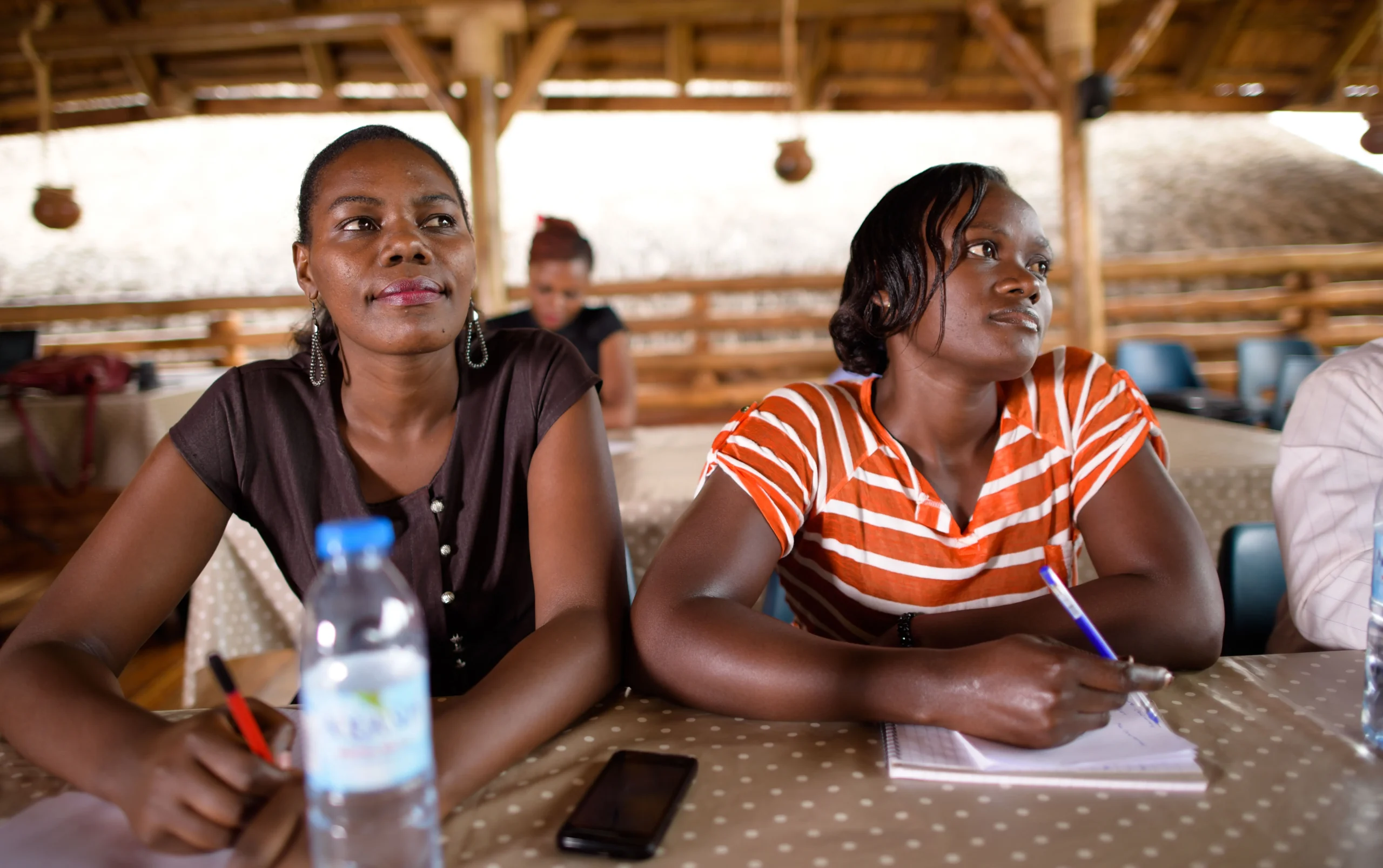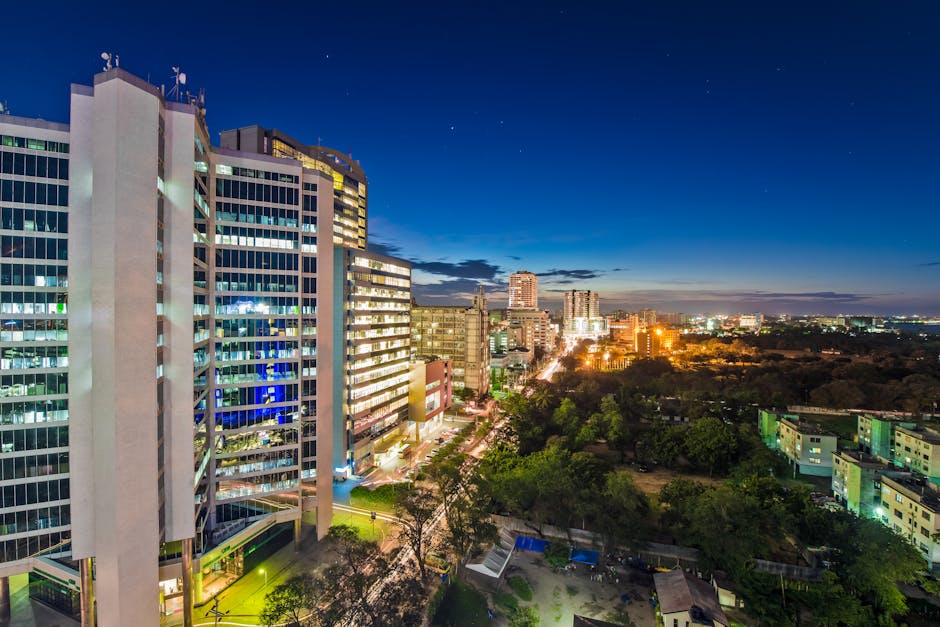Informal to Formal: Why the Informal Sector is Africa’s Sleeping Giant
Africa’s informal sector is vast, vibrant, and vital — yet often overlooked. It employs over 80% of the continent’s workforce and accounts for more than 55% of GDP in many countries. From street vendors and artisans to domestic workers and bodaboda riders, this informal economy is the heartbeat of daily life across Africa. But its greatest potential lies not just in survival, but in scale.
The Case for Transition: From Micro to Scalable SMEs
Most businesses in the informal sector are microenterprises — often unregistered, cash-based, and family-run. While they create jobs, they often operate with limited structure, no access to credit, and no path to formal growth. Transitioning these ventures into scalable Small and Medium Enterprises (SMEs) is key to unlocking Africa’s next wave of inclusive economic growth.
What’s possible when they formalize?
- Access to finance and credit lines
- Better regulatory protections
- Ability to hire and train more staff
- Participation in larger supply chains
- Eligibility for government and donor programs
Capacity Building and Financial Literacy: The Missing Link
Formalization is not just a legal or administrative shift — it’s a mindset transformation. This is where capacity building and financial literacy become critical.
Key enablers for transition:
- Skills Development: Training in record keeping, customer service, and management.
- Business Mindset Coaching: Helping owners think beyond survival to sustainability and scale.
- Financial Literacy: Teaching budgeting, saving, reinvestment, and the basics of accessing credit.
- Legal Awareness: Clarifying the benefits and steps of business registration.
These services must be delivered conveniently and contextually, not just through classrooms but at markets, workshops, mobile apps, and community centers.
BBA’s Response: Convenient Learning Program & My Workplace Africa
At Business Boom Africa (BBA), we see the informal sector not as a problem to solve but a potential to activate. Our initiatives — The Convenient Learning Program and My Workplace Africa — are tailor-made to bridge the gap.
Convenient Learning Program
A grassroots education initiative designed to equip informal workers with real-world skills in:
- Business formalization
- Financial discipline
- Customer service
- Digital tools for trade
It targets artisans, security guards, domestic helpers, market vendors, boutique attendants, and more — giving them access to practical, low-barrier training that fits into their lives.
My Workplace Africa
A transitional hub for youth in the informal economy, helping them bridge into Africa’s emerging job markets. It provides:
- Internship opportunities
- On-the-job coaching
- Exposure to formal business culture
- Certification and referrals
Together, these programs form a pathway out of informality — not just for individuals, but for entire communities.
Why This Matters for Africa’s Future
Formalizing microenterprises has the power to:
- Multiply job creation
- Grow tax bases without punitive enforcement
- Foster innovation in grassroots sectors
- Increase Africa’s global business competitiveness
Rather than forcing change, we must inspire and equip it — by meeting informal workers where they are and walking the journey with them.
Africa’s Sleeping Giant Is Stirring
If Africa is to leap economically, the informal sector cannot be left behind. With the right tools, training, and trust, millions of microentrepreneurs can step into the formal economy — as job creators, taxpayers, exporters, and investors. And when that happens, the ripple effect will touch every corner of the continent.
Business Boom Africa is committed to leading this charge — because growth doesn’t just belong to the few; it belongs to all.





